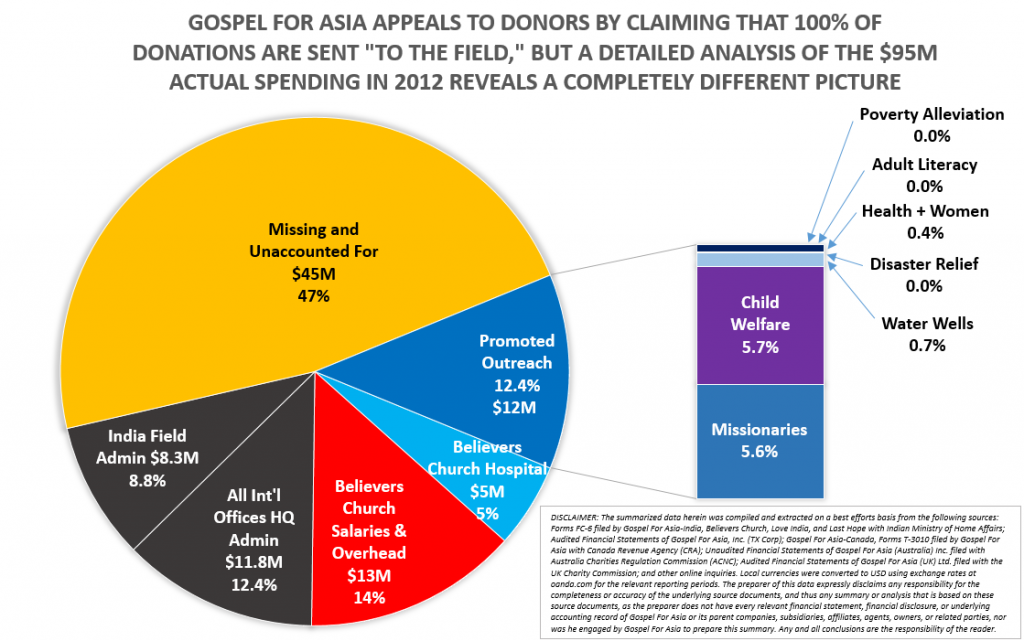On June 25, 1819, Thomas Jefferson wrote to Ezra Stiles Ely about his religious views. In the letter he famously said:
I am of a sect by myself, as far as I know.
The entire letter is below. Jefferson distinguishes himself from Calvinists and Jews and tells Ely that he believes in the moral teachings of Jesus. In this and other letters, Jefferson expresses support for those moral teachings of Jesus as a reformer of Judaism, rather than a completer of it. For Jefferson, Jesus is not a messiah but a human teacher who reformed morality.
Your favor Sir. of the 14th has been duly received, and with it the book you were so kind as to forward to me. for this mark of attention be pleased to accept my thanks. the science of the human mind is curious, but it is one on which I have not indulged myself in much speculation. the times in which I have lived, and the scenes in which I have been engaged have required me to keep the mind too much in action to have leisure to study minutely it’s laws of action. I am therefore little qualified to give an opinion on the comparative worth of books on that subject, and little disposed to do it on any book. your’s has brought the science within a small compass and that is a merit of the 1st order; and especially with one to whom the drudgery of letter writing often denies the leisure of reading a single page in a week. on looking over the summary of the contents of your book, it does not seem likely to bring into collision any of those sectarian differences which you suppose may exist between us. in that branch of religion which regards the moralities of life, and the duties of a social being, which teaches us to love our neighbors as ourselves, and to do good to all men, I am sure that you & I do not differ. we probably differ on that which relates to the dogmas of theology, the foundation of all sectarianism, and on which no two sects dream alike; for if they did they would then be of the same. you say you are a Calvinist. I am not. I am of a sect by myself, as far as I know. I am not a Jew: and therefore do not adopt their theology, which supposes the god of infinite justice to punish the sins of the fathers upon their children, unto the 3d and 4th generation: and the benevolent and sublime reformer of that religion has told us only that god is good and perfect, but has not defined him. I am therefore of his theology, believing that we have neither words nor ideas adequate to that definition. and if we could all, after his example, leave the subject as undefinable, we should all be of one sect, doers of good & eschewers of evil. no doctrines of his lead to schism. it is the speculations of crazy theologists which have made a Babel of a religion the most moral and sublime ever preached to man, and calculated to heal, and not to create differences. these religious animosities I impute to those who call themselves his ministers, and who engraft their casuistries on the stock of his simple precepts. I am sometimes more angry with them than is authorised by the blessed charities which he preached. to yourself I pray the acceptance of my great respect.
Th: Jefferson

